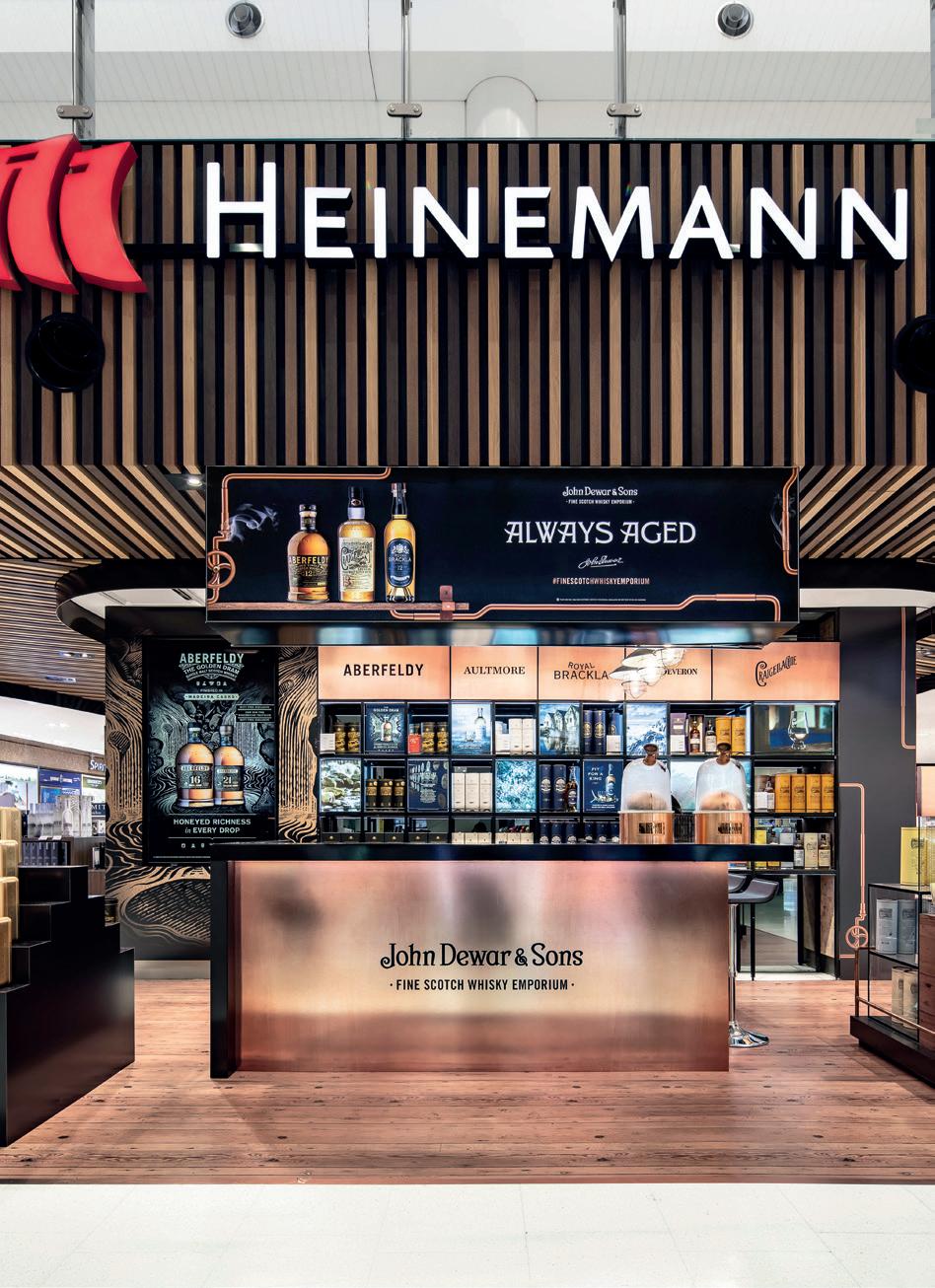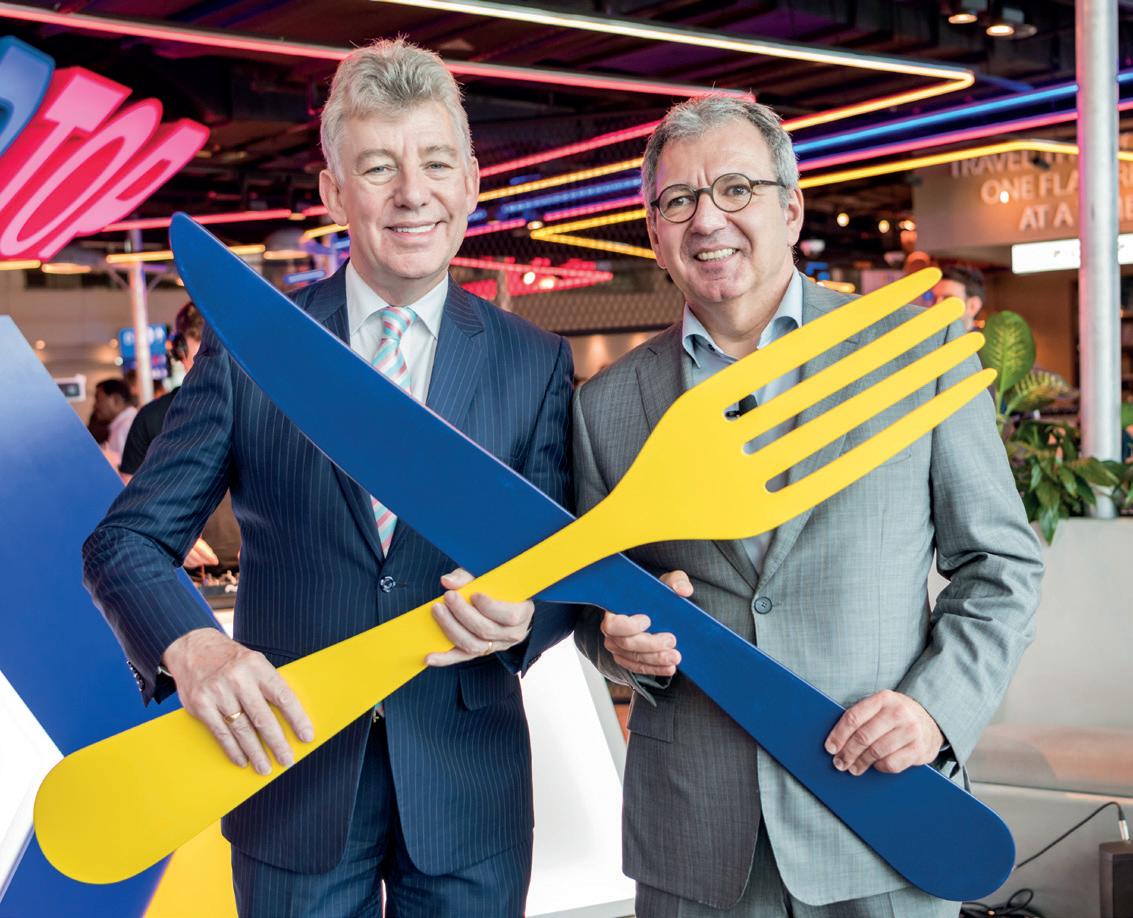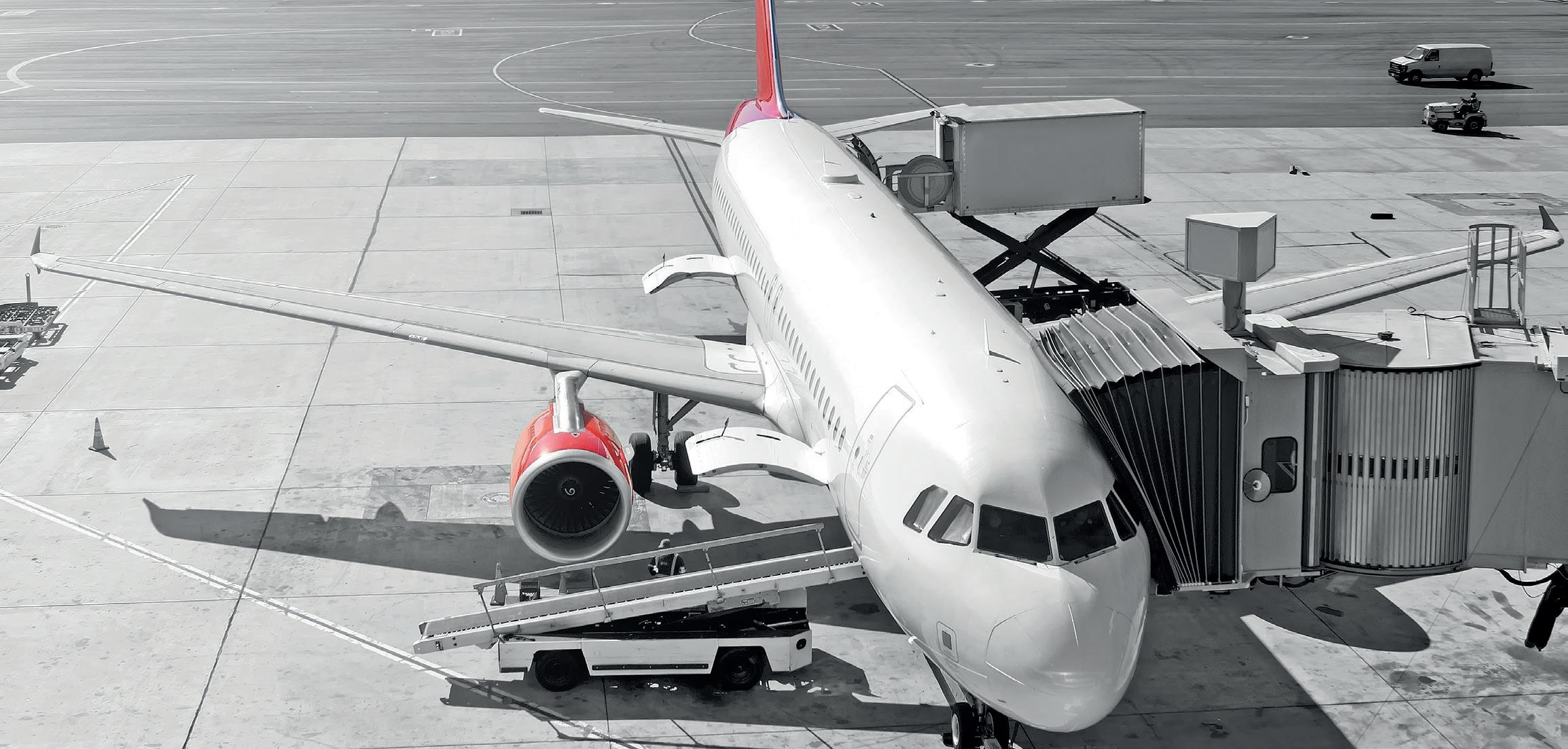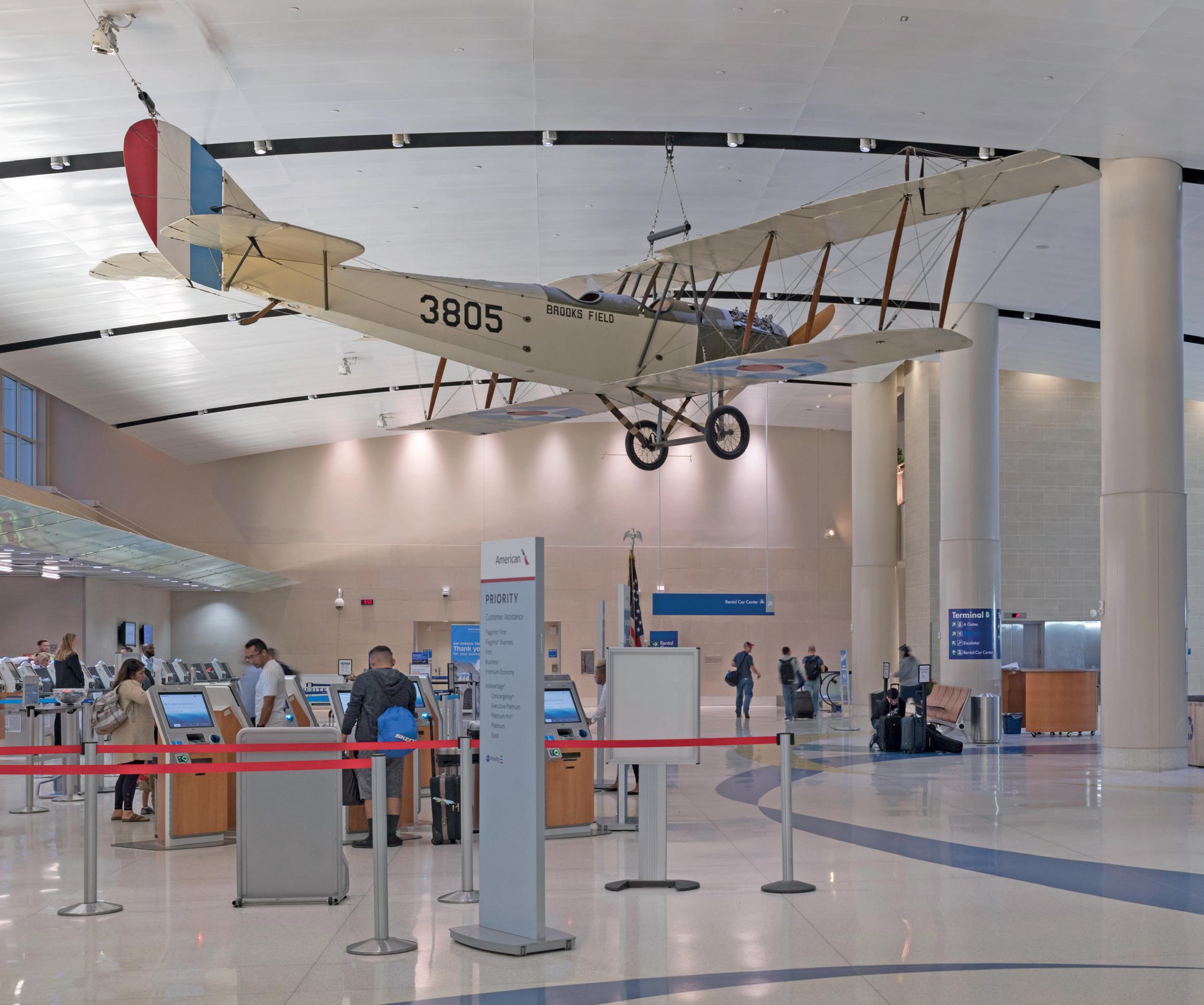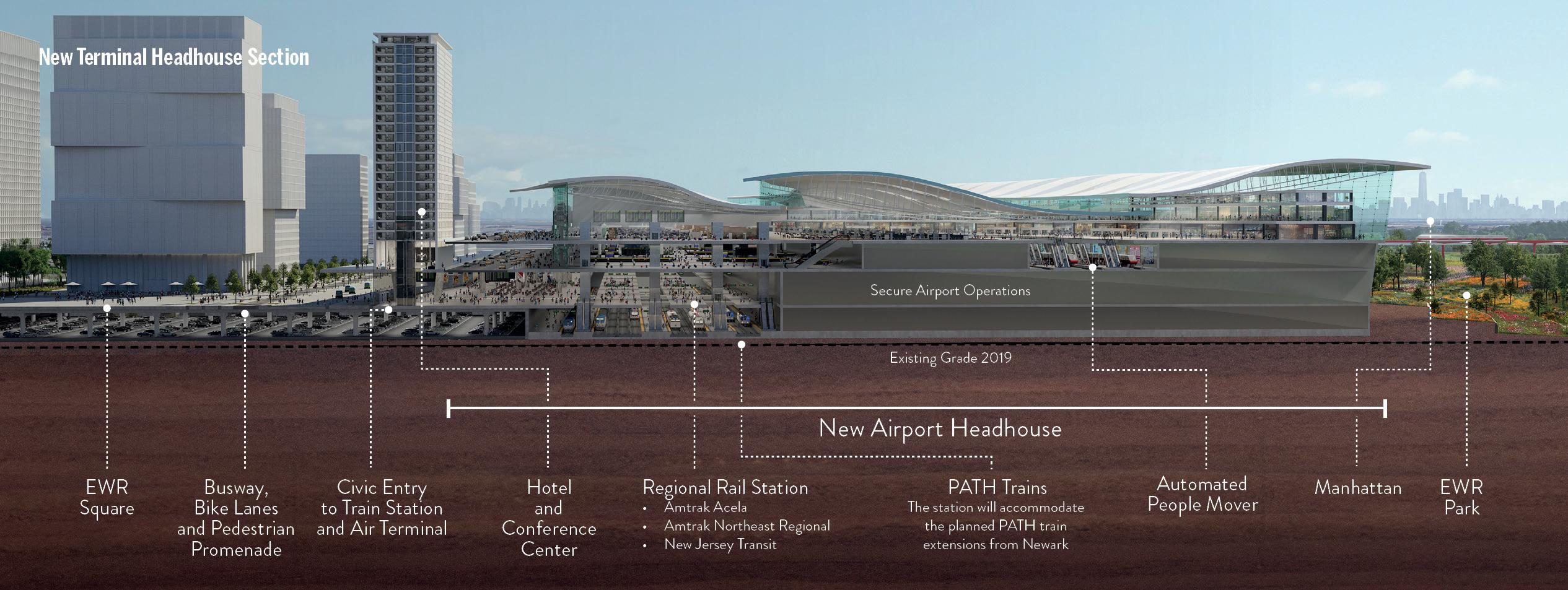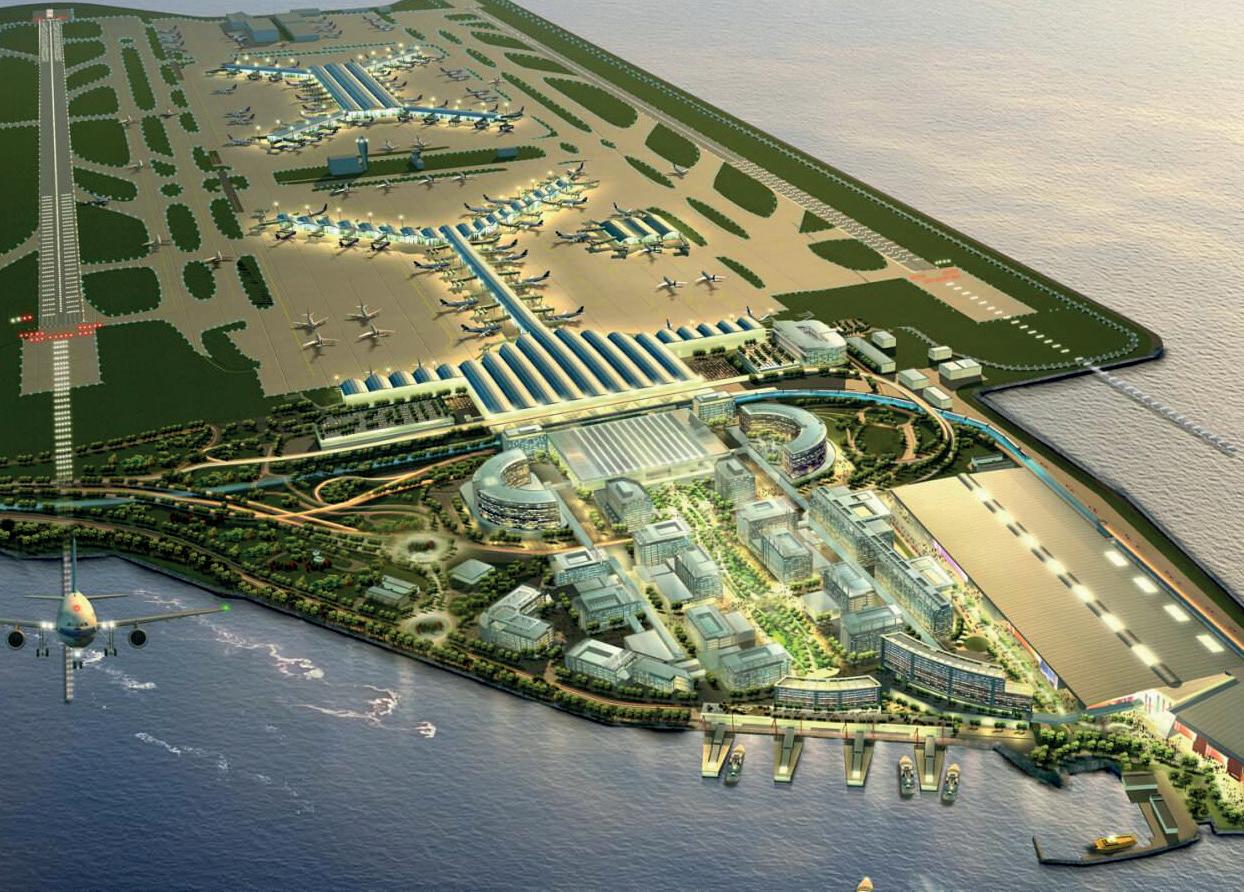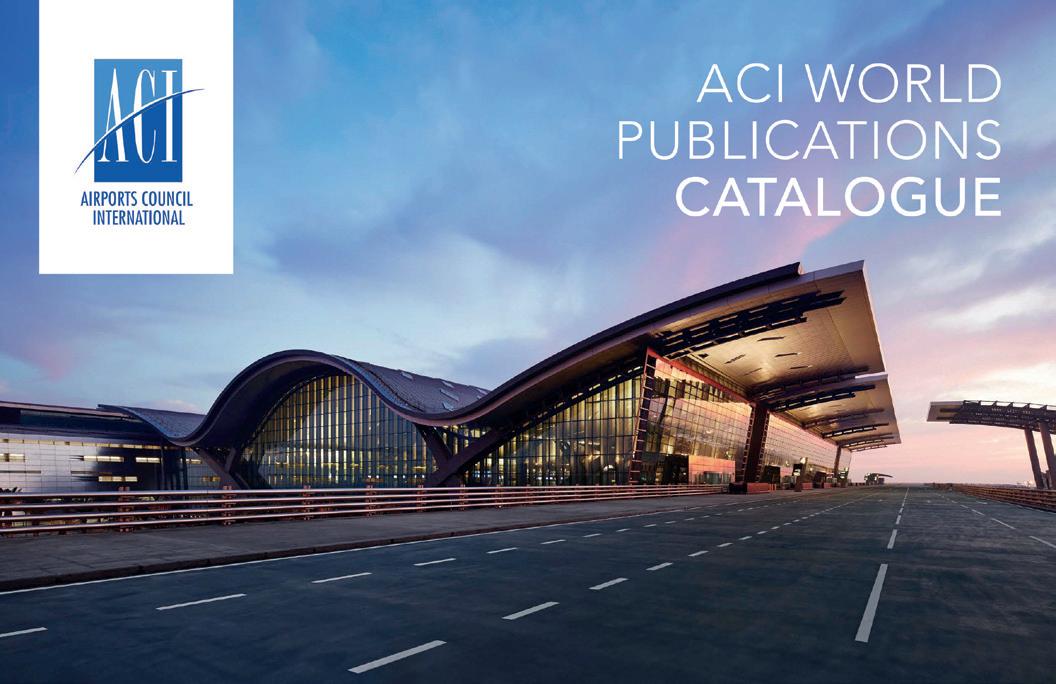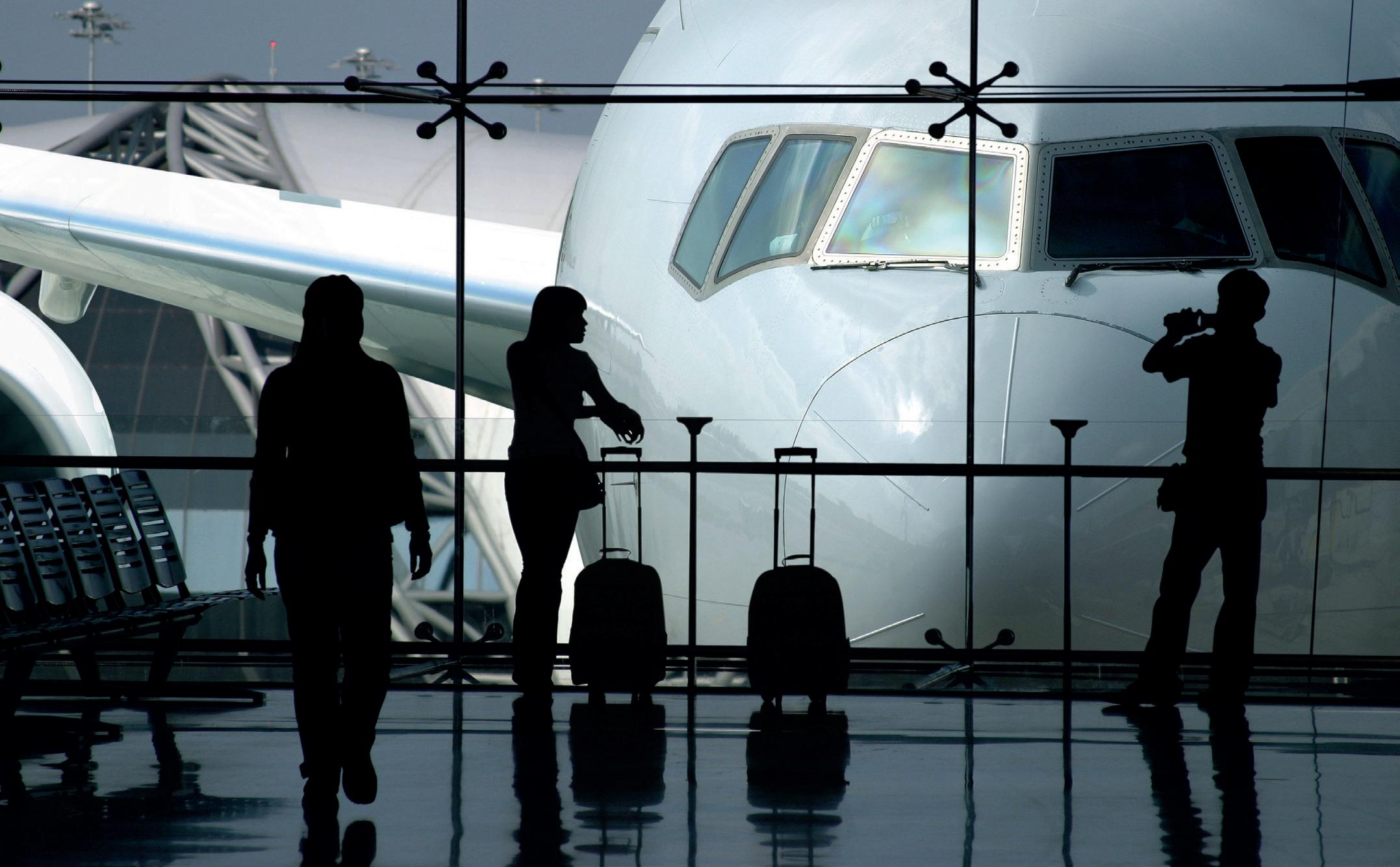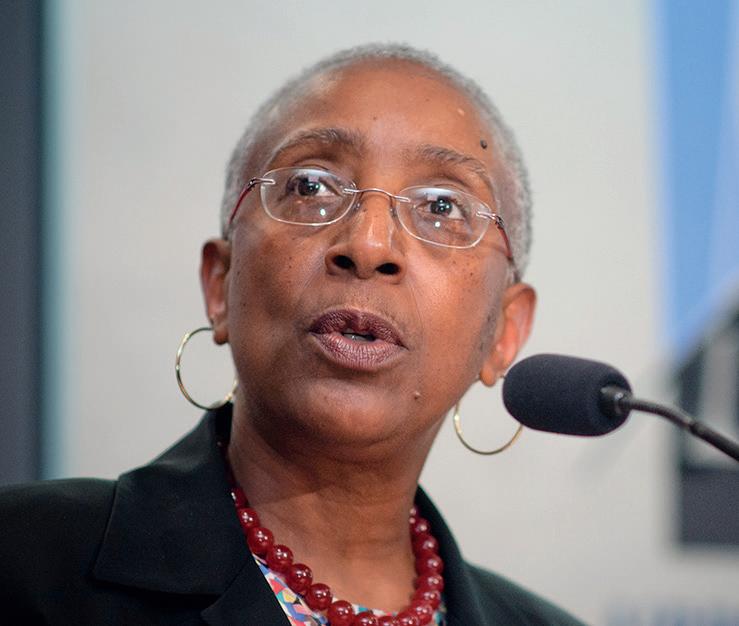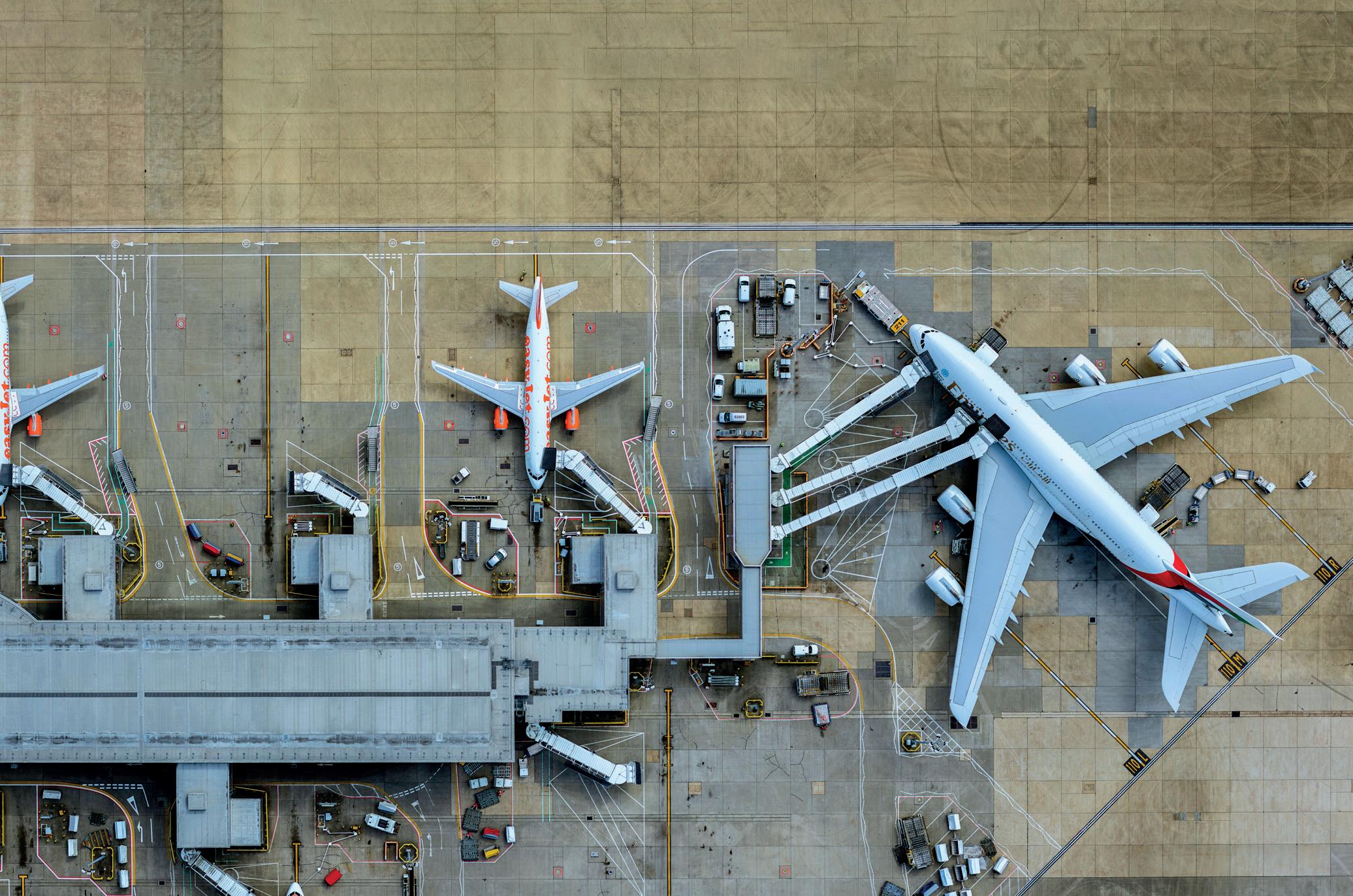The buying game
SPECIAL REPORT: ECONOMICS & FINANCE
Simon Morris, vice president at ICF International, reviews some of the major airport transactions of last year and speculates what deals could be in store for 2020.
L
ast year confounded the airport transaction pessimists with a high volume of good quality assets sold at healthy prices. And, although secondary sales predominated, there were nonetheless some high profile primary transactions. In common with other sectors, buyers by far outnumbered sellers, and capital continued to flow into infrastructure funds. More than $33 billion had been raised by European infrastructure funds by October 2019, for example. Individual fund targets were broken by a number of institutions. Additionally, strategic players and private equity joined the search for equity investments. Airports continue to be sought after assets based on a combination of strong infrastructure characteristics together with the growth profile associated with air transport. In the context of this wall of money chasing assets, each buying proposition, including more problematic opportunities attracted many interested bidders. The latter half of 2019 saw a slow-down in airport performance indicators – noticeably in traffic growth. Indeed, by November 2019, year-on-year passenger growth at European airports had slowed to 1.7%, while cargo registered its 13th consecutive monthly decline. However, to date, the trend has done little to dampen the appetites of potential investors.
Transaction hot spots Although there was activity in the Americas and the Far East in 2019, the bulk of transactions occurred in Europe and India, as discussed on the following pages.
In Europe, Macquarie funds sold 36% of its stake in Brussels Airport to a consortium of QIC and APG following a keen competition attracting high quality consortia mixing local and international interests. A repeated theme in the due diligence process was the future of Brussels Airlines, given its parent Lufthansa’s announcements about its future role. Further south, a majority stake in Toulouse-Blagnac Airport was sold by Chinese interests to French concession company Eiffage. Completion of this transaction was delayed by a court case challenging the original basis of the primary privatisation, but that issue has now been resolved. A court case has also threatened completion of the sale of Sofia Airport to a consortium including Meridiam, Munich and Strabag, although this is expected to be resolved in early 2020. Meanwhile, a consequence of GIP’s 2018 sale of 50.01% of Gatwick to VINCI Airports was the sale of the remaining 49.99% to a continuity fund. Lastly in Europe, an eye-catching transaction was Macquarie’s purchase of Farnborough Airport from TAG. Farnborough is a business aviation airport and clearly benefits from capacity constraints in the London system currently squeezing business aviation from other London airports Elsewhere, the civil enclave at Paine Field in Seattle was sold by private sector interests to GIP Cascade. Hobart Airport was sold by Macquarie funds to QIC/Schiphol, while in Japan a consortium of DBJ, Mitsubish and Tokyu became the preferred bidder for the Hokkaido group of airports.
AIRPORT WORLD/ISSUE 1, 2020
13

